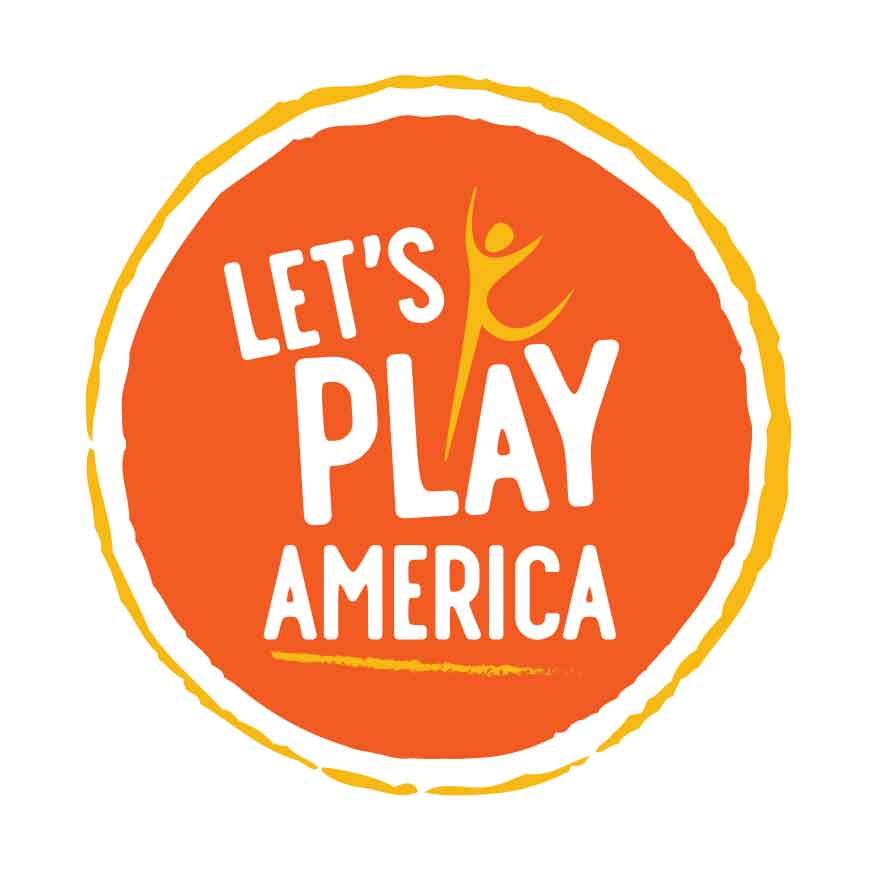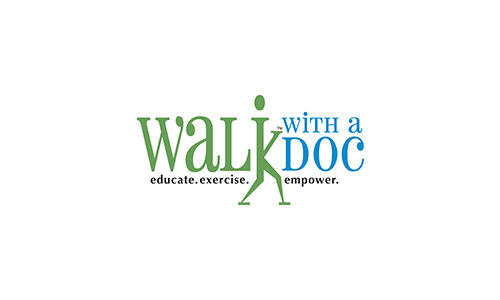I’m oceans deep into a project about obesity. Deep as in the water-pressure-is-crushing-my-sub deep. I’ve read so many reports, papers, and dissertations on our overweight world that with so much attention, it’s almost amazing that obesity is still an issue. Well, not really. The fact is you can’t turn on a TV, read a magazine, or read the news without hearing about the latest diet, the best exercise program, and the newest fad for losing weight.
Many weight and food-related laws are designed to discourage obesity by increasing the costs of unhealthy habits, imposing taxes on unhealthy food, barring the sale of supersized portions, and virtually mandating our way to health and vigor. Yet, for all their intent, they don’t seem to be having a lot of effect. However, it is perfectly reasonable, given the high healthcare costs of treating conditions associated with obesity that obesity-related laws that seek to deter are of interest to health economists, policymakers, and the media.
Who can remember the Cheeseburger Bill” aka The “American Personal Responsibility in Food Consumption Act,” the House’s response to the fast food litigation in 2004, which attempted to bar lawsuits against restaurants? The bill failed, as those against it stated that eating too much was a person’s choice and that those who chose to do so weren’t innocent victims, but architects of their ill health, who were personally responsible for their weight problems.
Whatever your position, obesity is a serious matter. According to a 2013 updated fact sheet from the American Heart Association, among Americans age 20 and older, 154.7 million are overweight or obese; of these, 78.4 million, or just over half, are obese. 23.9 million children ages 2 to 19 are overweight or obese; of these children, 12.7 million are obese, again just over half. The Centers for Disease Control and Prevention’s slide show illustrating the growth of obesity between 1990-1999 is nothing short of frightening.
We live in a world where behavioral and environmental influences are such that it is much more likely that people gain weight than lose it. With supermarkets selling foods rich in salt, sugars, and processed fats; advertising and product placements encouraging consumption and uber-portions, and sedentary lifestyles being fueled by increasingly sedentary hobbies and leisure time pursuits, it is clear that people are getting mixed messages.
Like anything in life, our health is a matter of choice. Granted that choice may be easier for some than others, but it is a choice, nonetheless. In the purest sense, it’s a matter of eating less and exercising more. September is National Childhood Obesity Awareness Month. It’s a great opportunity for us to send healthy messages to our children, at a time when their lifelong behaviors are being established.
Make healthy choices on what you eat as a family, get out in the fresh air and play, run, walk, toss a ball, and you may be creating lifelong habits that last a lifetime. Be patient, and remember, seeing the effect of reversing your behavior takes time. Compare it to piloting a huge ocean liner, you may put the engine in reverse, but you’re not going to see the ship moving backward until the reverse thrust surpasses the forward one, no matter how quickly you engage. (If you’ll remember, that’s exactly the reason the Titanic hit that iceberg: the reverse couldn’t catch up with the forward momentum before contact.)
They say it’s never too late to make a change, but the longer we delay, the more damage we do to our bodies, potentially irreversible damage. Remember, you won’t turn into the clean-eating athletic model of behavior overnight. But you don’t have to be an athlete, a runner, a baseball player, or that woman who goes to the gym every day. You do have to move. There was even a study that showed fidgety people - you know, those pencil-tapping, foot-shifting people who can’t seem to sit still - burn more calories while at rest than their non-fidgety counterparts. Makes sense doesn’t it? Movement is movement, and it’s all good for us.
So here are 10 things you can do with your family in September (or anytime) to live healthier, and maybe help them to do the same:
- Make the decision today to live a healthier lifestyle all year long.
- Drink 6-8 glasses of water a day. If you hate water, squeeze fresh lemon or lime juice in it.
- Don’t drink beverages with sugar or artificial sweeteners.
- Don’t skip a meal. Eat breakfast, lunch, and dinner every day. Make them normal - not restaurant-sized-portions. Check out MyPlate.org for ideas.
- Take a walk around the neighborhood every night after dinner with your family. Bring the family dog.
- Eat clean. Try eating more fresh fruit and vegetables.
- For at least one meal every day, eat only food with ingredients you know the origin of or could grow or raise yourself. (As in fresh apples, beans, fish - YES. Canned or frozen foods, high fructose corn syrup, sodium nitrate, pyridoxine hydrochloride!)
- Count your calories…all of them. You may be surprised. Myfitnesspal.com is a great site/app; most of the food you eat is already in their database.
- Take your kids to the playground, on a bike ride, to a field to toss a ball or Frisbee, or to the local pool. (Swimming is a great exercise if you are carrying excess weight; it’s easier on the joints and may encourage you to swim longer.)
- Unplug. Declare at least one night a week to be screen-free. (Don’t sit there staring at each other in silence, go do something.) Clean the garage, walk the dog, wash the windows, but do something!








